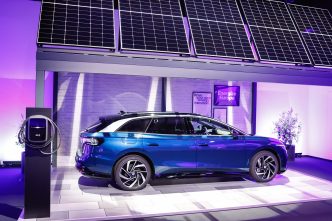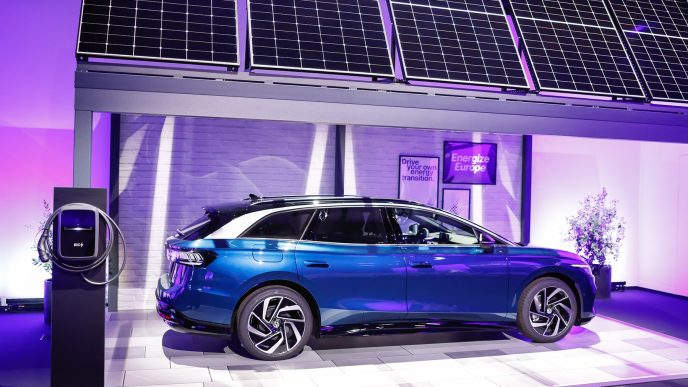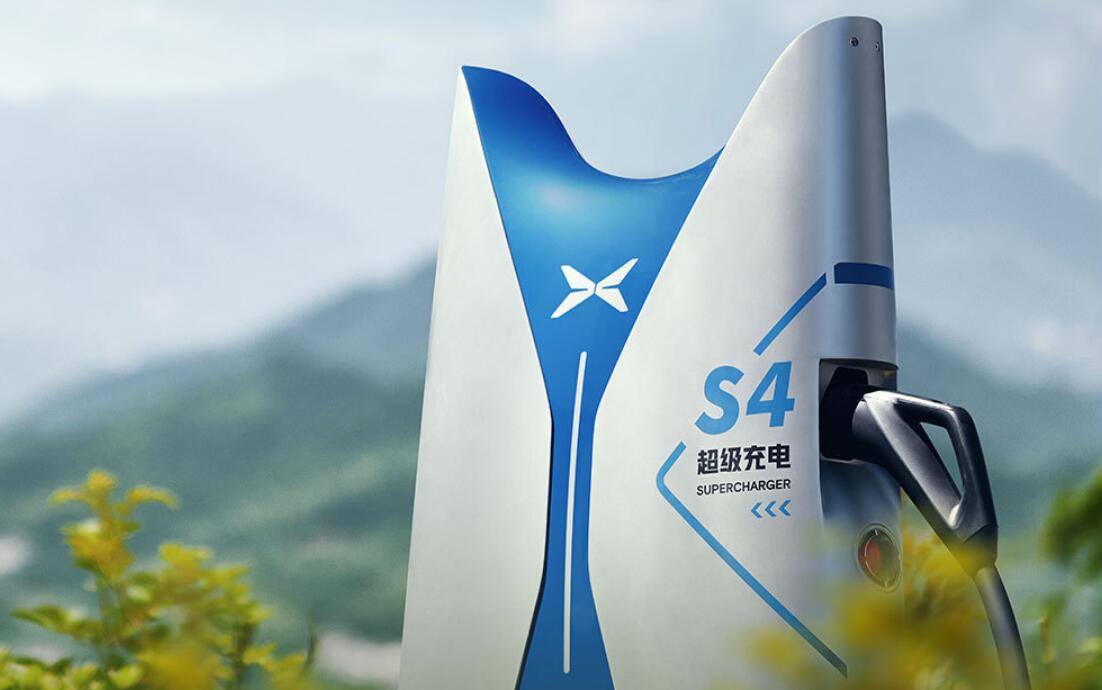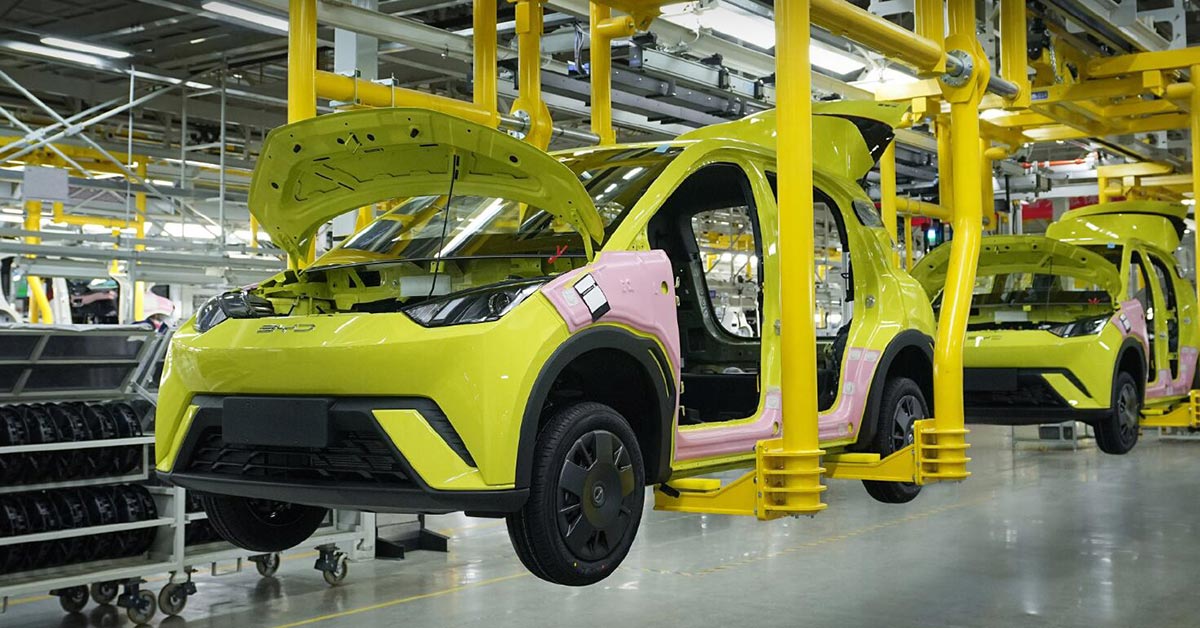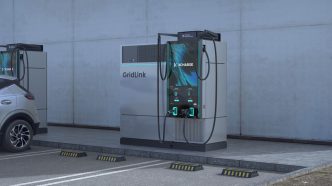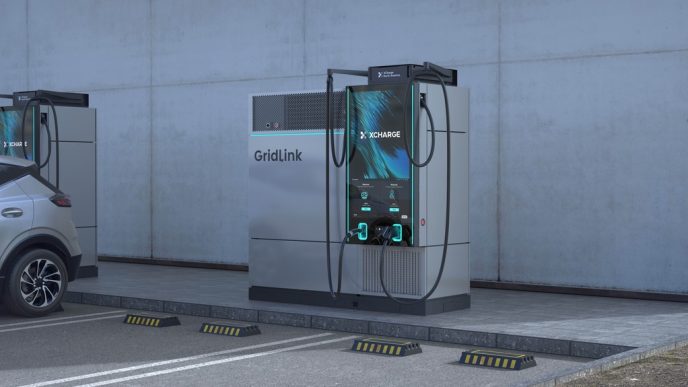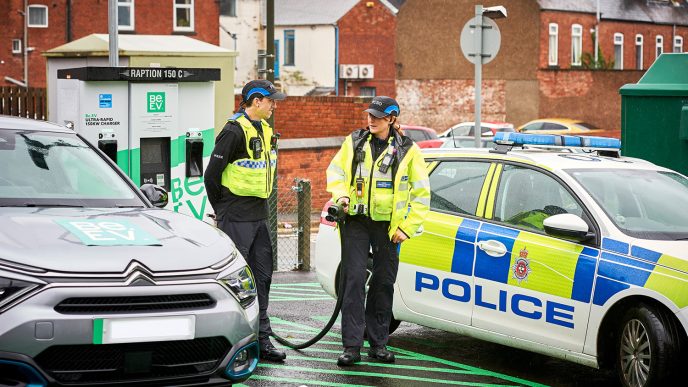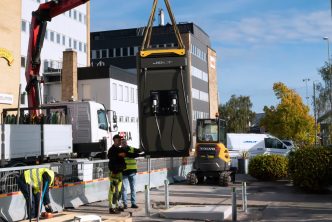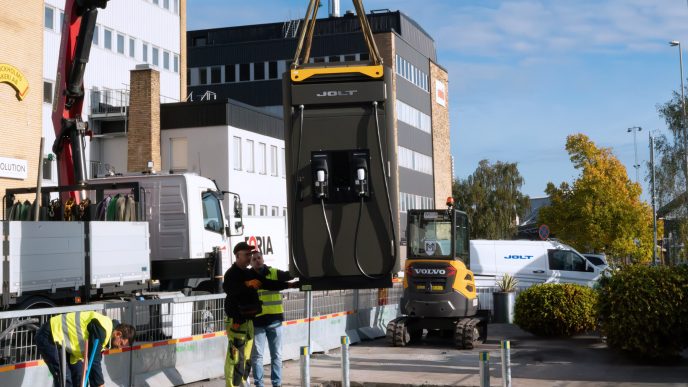Hyundai Mobis Co., the world’s fifth-largest auto parts manufacturer, announced plans to mass-produce a component that will double the charging speed for electric vehicles (EVs) starting at the end of 2025. This initiative aims to address consumer reluctance towards EV adoption by resolving one of the primary concerns regarding charging efficiency.
At a recent technology event held at its research and development (R&D) center in Uiwang, South Korea, Hyundai Mobis unveiled an integrated charging control unit (ICCU) that enhances EV charging speeds to 22 kilowatts (kW), up from the current standard of 11 kW. The new component also enables users to utilize EV batteries to power or charge electronic devices.
During the event, Lee Youngkook, head of Hyundai Mobis’ R&D division for the e-powertrain business unit, emphasized the company’s commitment to innovation despite current challenges in the EV market. “Researchers strive to develop advanced technologies here in the R&D center despite the EV chasm,” he stated, referencing the slowdown in EV adoption. He added, “Hyundai Mobis’ competitiveness in electrification parts is recognized as the industry’s best by global customers.”
In addition to the ICCU, Hyundai Mobis showcased 65 new technologies, including 15 that are considered industry firsts. The company generated approximately 12 trillion won ($9 billion) in sales from its electrification business last year, accounting for about 20% of its total revenue.
Hyundai Mobis aims to broaden its focus on electrification, targeting advanced air mobility (AAM) and robotics while leveraging its expertise in auto parts. The R&D center, which opened in December 2023, consolidates around 650 researchers to work on various electrification projects, including battery system development and functional safety testing.
The company has also developed an EV transformer that eliminates the need for nickel, potentially reducing dependence on China, the world’s seventh-largest nickel producer. As Hyundai Mobis positions itself as a leader in the electrification sector, its forthcoming technologies could play a crucial role in shaping the future of the global EV market.


